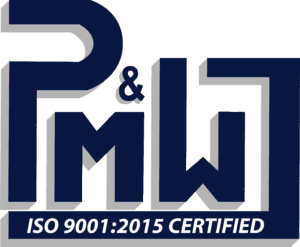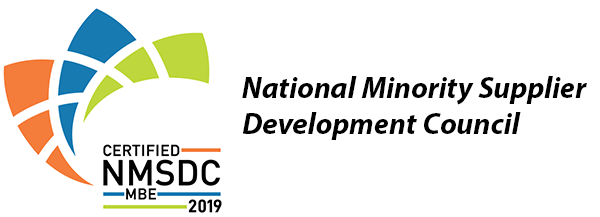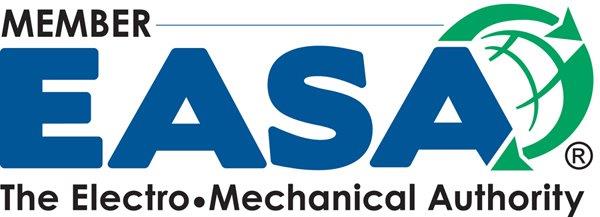As motor service centers strive to meet the stringent requirements of API 541, the industry standard for high-quality electric motors, adherence to testing protocols becomes paramount. Ensuring that motors are tested in line with API 541 specifications not only guarantees compliance but also enhances motor performance and longevity. In this blog post, we delve into the significance of applying API 541 motor testing requirements in service centers and the benefits it brings to both service providers and end-users.
The Importance of API 541 Motor Testing
API 541 sets forth comprehensive guidelines for the design, manufacturing, and testing of form-wound squirrel-cage induction motors, ensuring that they meet the highest quality standards for critical applications. Adhering to these testing requirements is crucial for service centers to verify the performance and reliability of motors during maintenance, repair, and rewinding processes.
Key Testing Parameters in API 541
When it comes to motor testing, API 541 specifies various crucial parameters that must be evaluated to determine the motor’s health and performance. These include:
- Insulation Resistance: Testing the insulation resistance helps identify any faults or degradation in the motor’s insulation system.
- Polarization Index (PI): Calculating the PI ratio provides insights into the overall condition of the motor windings.
- Surge Comparison Testing: This test is essential for detecting shorted turns and other winding faults.
- High Potential (Hi-Pot) Testing: Hi-Pot testing ensures the motor can withstand high voltage without breakdown, safeguarding against insulation failures.
Benefits of Adhering to API 541 Testing Standards
By following API 541 motor testing requirements diligently, service centers can reap several benefits:
- Enhanced Motor Reliability: Thorough testing helps identify potential issues early, allowing for proactive maintenance and minimizing unexpected failures.
- Compliance Assurance: Demonstrating compliance with API 541 instills confidence in customers regarding the quality and reliability of the motor repair or rewinding services.
- Optimized Performance: Testing ensures that motors operate at peak efficiency, leading to energy savings and improved operational performance.
- Longer Motor Lifespan: Proper testing and maintenance practices can extend the lifespan of motors, reducing the frequency of replacements.
As motor service centers aim to provide top-notch repair and maintenance services, adhering to API 541 testing requirements is non-negotiable. By upholding these standards, service providers can deliver superior quality services and ensure the longevity and performance of electric motors in various industrial applications.
For expert motor repair and maintenance services that align with API 541 standards, contact The Pump & Motor Works, Inc.



